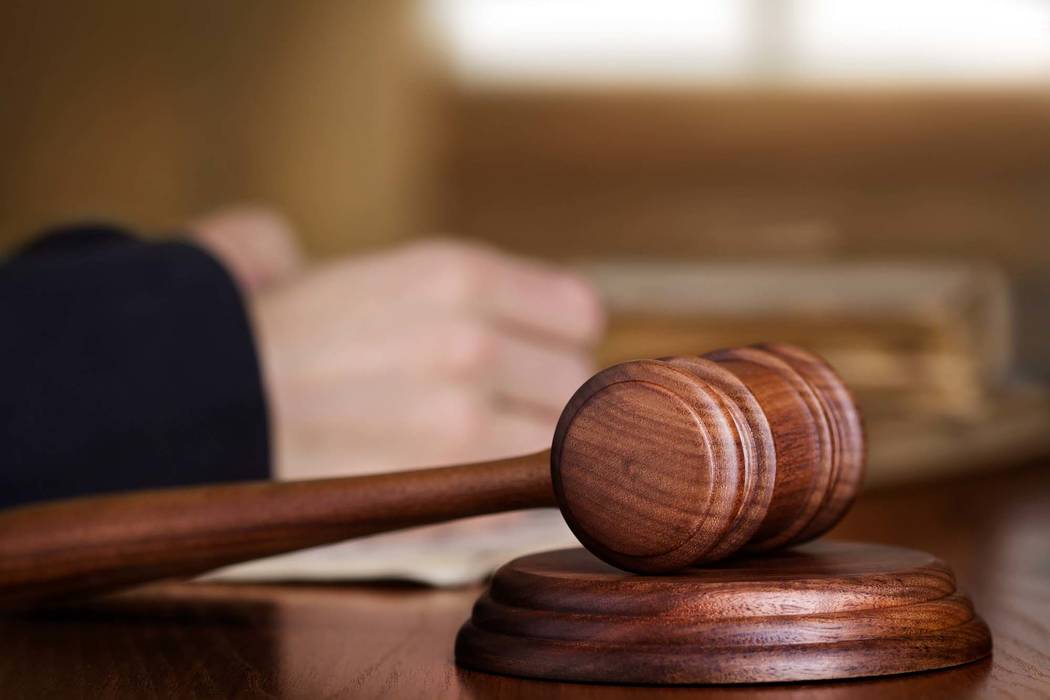EDITORIAL: U.S. Supreme Court ruling further protects the wrongly convicted
Imagine you were wrongly convicted of a crime. As part of the guilty verdict, you were ordered to pay fines, fees or court costs. Later, you were exonerated. But the state wouldn’t give you your money back.
Those were the circumstances in a U.S. Supreme Court case originating in Colorado. In that state, innocent people who were erroneously convicted and later cleared were required to overcome several burdensome hurdles in order to recover any financial penalties that had been imposed upon them.
In a stroke of common sense, however, the justices last week ruled the practice violates the Constitution.
In a 7-1 decision, justices sided with petitioners Shannon Nelson and Louis Alonzo Madden, who had been convicted of sexual offenses, but whose guilty verdicts were later vacated. One paid about $700 in court fees, including victim restitution, while the other shelled out more than $4,400 in similar costs.
According to The Associated Press, Colorado law required those cleared of wrongdoing to recover their costs via a separate civil lawsuit — a lawsuit that proved their innocence by clear and irrefutable evidence. As Jacob Sullum of Reason magazine pointed out, however, Colorado’s law is cost-prohibitive for those seeking to recover modest sums, and does nothing to help those convicted of misdemeanors, which aren’t covered by the statute.
Writing for the majority, Justice Ruth Bader Ginsburg said the hurdles in place in Colorado violated criminal defendants’ due process rights guaranteed under the 14th Amendment. “The state may not retain their money simply because their convictions were in place when the funds were taken, for once those convictions were erased, the presumption of Nelson’s and Madden’s innocence was restored,” Justice Ginsburg said.
According to the AP, Colorado was the only state that didn’t automatically refund such fees. In response to the Supreme Court case, the state’s legislature passed a bill allowing those who were wrongly convicted to recover court costs and any other imposed fees without having to prove their innocence all over again. The bill, which Gov. John Hickenlooper signed into law in March, goes into effect Sept. 1.
Good.
It is an obvious injustice to be wrongly convicted. But on what grounds does the state have the right to keep the treasure of an innocent man or woman who is the victim of such injustice? That only compounds an already unfortunate situation.
Colorado lawmakers did the right thing in the face of the U.S. Supreme Court’s common-sense decision.

















